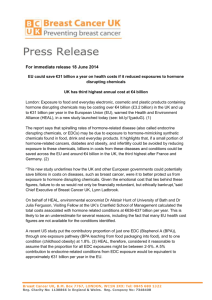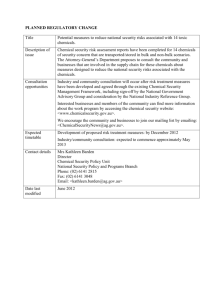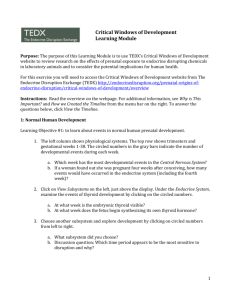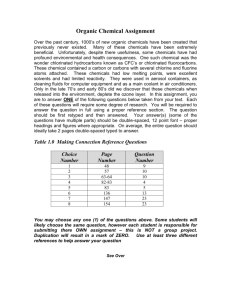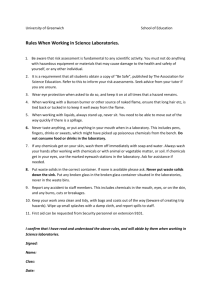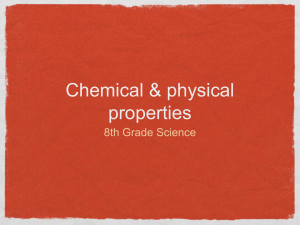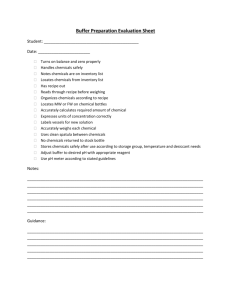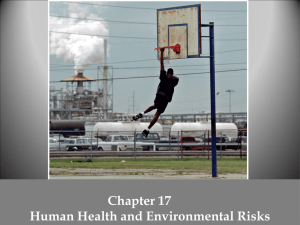- Breast Cancer UK
advertisement
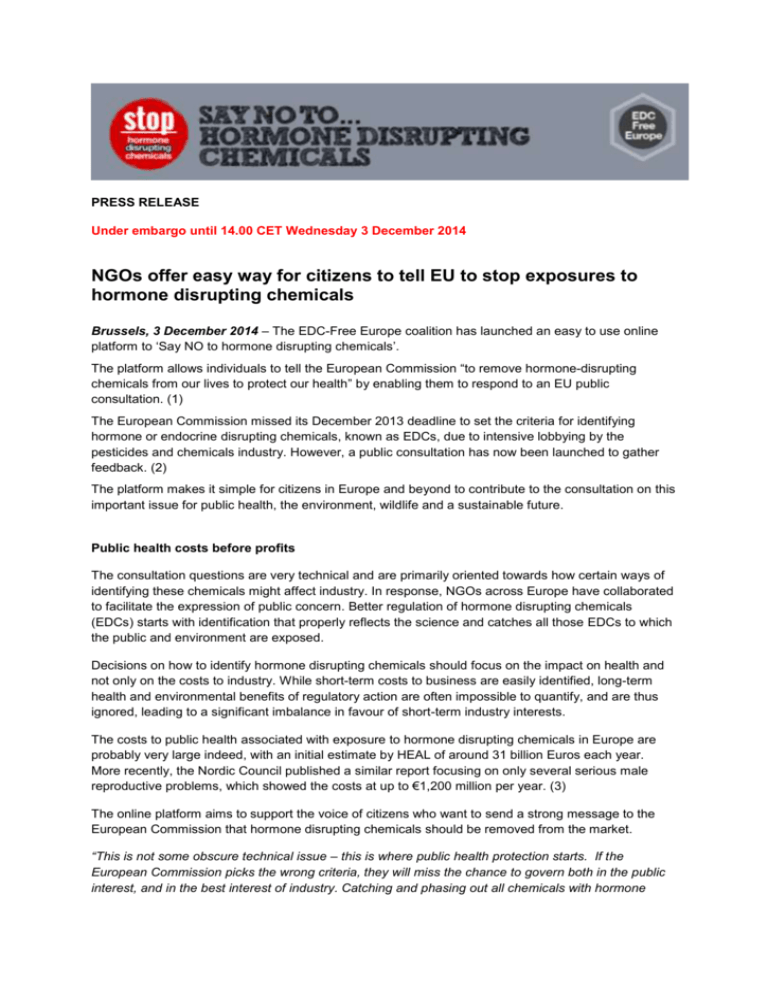
PRESS RELEASE Under embargo until 14.00 CET Wednesday 3 December 2014 NGOs offer easy way for citizens to tell EU to stop exposures to hormone disrupting chemicals Brussels, 3 December 2014 – The EDC-Free Europe coalition has launched an easy to use online platform to ‘Say NO to hormone disrupting chemicals’. The platform allows individuals to tell the European Commission “to remove hormone-disrupting chemicals from our lives to protect our health” by enabling them to respond to an EU public consultation. (1) The European Commission missed its December 2013 deadline to set the criteria for identifying hormone or endocrine disrupting chemicals, known as EDCs, due to intensive lobbying by the pesticides and chemicals industry. However, a public consultation has now been launched to gather feedback. (2) The platform makes it simple for citizens in Europe and beyond to contribute to the consultation on this important issue for public health, the environment, wildlife and a sustainable future. Public health costs before profits The consultation questions are very technical and are primarily oriented towards how certain ways of identifying these chemicals might affect industry. In response, NGOs across Europe have collaborated to facilitate the expression of public concern. Better regulation of hormone disrupting chemicals (EDCs) starts with identification that properly reflects the science and catches all those EDCs to which the public and environment are exposed. Decisions on how to identify hormone disrupting chemicals should focus on the impact on health and not only on the costs to industry. While short-term costs to business are easily identified, long-term health and environmental benefits of regulatory action are often impossible to quantify, and are thus ignored, leading to a significant imbalance in favour of short-term industry interests. The costs to public health associated with exposure to hormone disrupting chemicals in Europe are probably very large indeed, with an initial estimate by HEAL of around 31 billion Euros each year. More recently, the Nordic Council published a similar report focusing on only several serious male reproductive problems, which showed the costs at up to €1,200 million per year. (3) The online platform aims to support the voice of citizens who want to send a strong message to the European Commission that hormone disrupting chemicals should be removed from the market. “This is not some obscure technical issue – this is where public health protection starts. If the European Commission picks the wrong criteria, they will miss the chance to govern both in the public interest, and in the best interest of industry. Catching and phasing out all chemicals with hormone disrupting properties will stimulate innovation and competitiveness in the European chemical industry, agricultural sector and beyond,” says Genon K. Jensen of the EDC Free Europe Secretariat. What is the harm to health? Scientific evidence links exposure to hormone disrupting chemicals to spiralling rates of hormonerelated cancers, such as breast or testicular cancer, fertility problems, diabetes and obesity as well as learning and behavioural problems in children. The World Health Organization (WHO) has called hormone disrupting chemicals a ‘global threat’. (4) Humans and wildlife are continuously exposed to these chemicals, which are found in many everyday products, such as food packaging and containers, cosmetics, electronic products and disinfectants. They are also used as pesticides on agricultural land and can end up in food. (5) Much is at stake because the European Union will be the first place in the world to establish official criteria to identify hormone, or endocrine, disrupting chemicals. It already has laws to ban pesticide and biocide EDCs once they are identified. Campaign aims The EDC-Free Europe coalition hopes to achieve a ban on hormone disrupting chemicals in the European Union. It provides independent information on exposure to hormone disrupting chemicals for people and governments and engages the public to ensure that these chemicals are properly identified and phased out. To make the transition to an EDC-free Europe happen in a transparent process that puts health first, an important milestone is to have as many concerned citizens as possible participate in this public consultation, they say. ENDS Contacts: Genon K. Jensen, EDC-Free Europe, Email: genon@env-health.org, Tel: +32 2 234 3642, Mobile: +32 495 808 732, Lisette van Vliet, Senior Policy Adviser, Health and Environment Alliance (HEAL), Email: lisette@envhealth.org, Tel: +32 2 234 3645, Mobile: +32 484 614 528. Diana Smith, Communications and Media Adviser, Health and Environment Alliance (HEAL), Email: diana@env-health.org, Mobile: +33 6 33 04 2943 Notes for journalists 1. “Say NO to hormone disrupting chemicals” platform http://no2hormonedisruptingchemicals.org/ This online platform allows quick and easy participation in the consultation, with pre-prepared answers to the questions which will be automatically submitted to the consultation once an individual fills out their information and submits their form. It is available in several languages. 2. European Commission (DG Sanco) Public Consultation on defining criteria for identifying endocrine disruptors in the context of the implementation of the plant protection product regulation and the biocidal products regulation Closes 16 January 2014. http://ec.europa.eu/dgs/health_consumer/dgs_consultations/food/consultation_20150116_endocrinedisruptors_en.htm 3. Two recent reports estimating the health costs associated with exposure to endocrine disrupting chemicals are: Norden – The Nordic Council of Ministers, “The Cost of Inaction: Socioeconomic analysis of costs linked to effects of endocrine disrupting substances on male reproductive health” http://norden.divaportal.org/smash/record.jsf?pid=diva2%3A763442&dswid=-8392 Health and Environment Alliance (HEAL) “Health costs in the EU: How much is related to Endocrine Disrupting Chemicals?” http://www.envhealth.org/IMG/pdf/18062014_final_health_costs_in_the_european_union_how_much_is_realted_to_ edcs.pdf 4. State of the science of endocrine disrupting chemicals – 2012 (WHO/UNEP report) http://www.who.int/ceh/publications/endocrine/en/ 5. For more information, see film Endocrination http://www.edc-free-europe.org/new-documentary-filmendocrination/ The EDC-Free Europe coalition represents hundreds of groups throughout Europe, including trade unions, consumers, public health and healthcare professionals, and advocates for cancer prevention, environmentalists and women’s groups. Website: www.edc-free-europe.org Twitter @EDCFree and Facebook
